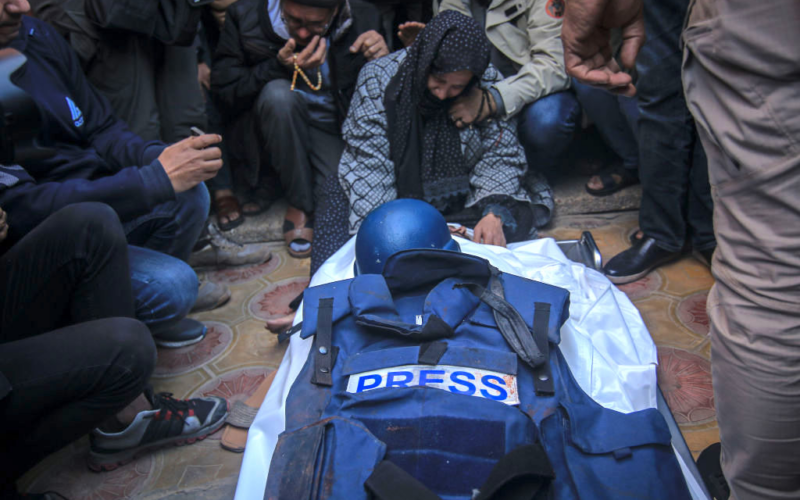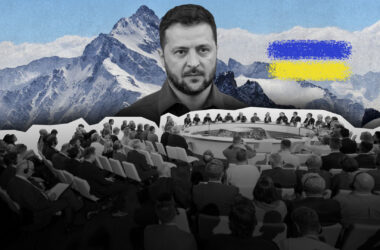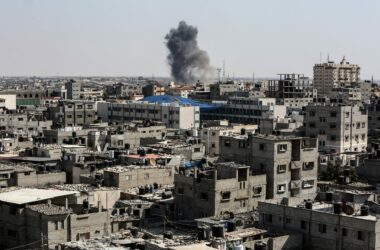The ongoing conflict in Gaza has reached alarming levels, not just in terms of human casualties but also in its impact on journalism. Israel’s war on Gaza has resulted in the deaths of more journalists than any other conflict in recent memory, yet the silence from Western media outlets is deafening.
In a recent and tragic example, two Palestinian journalists, Ismail al-Ghoul and Rami al-Rifi, were killed by Israeli forces in Gaza City. Al-Ghoul, a well-known reporter for Al Jazeera, was wearing a press vest when he was targeted. These killings bring the total number of journalists killed by Israel during the current conflict to at least 113, making it the deadliest for journalists in recent history.
Israel’s targeting of journalists is not new. The country has a long and troubling history of violence against media workers, particularly those covering the Palestinian territories. A 2023 report by the Committee to Protect Journalists (CPJ) documented a “decades-long pattern” of Israel targeting and killing Palestinian journalists. Despite overwhelming evidence, such as in the case of Palestinian American journalist Shireen Abu Akleh, who was killed in 2022, Israeli forces often face no consequences. The CPJ has highlighted the “almost blanket immunity” Israeli security forces enjoy in such cases.
What is truly shocking, however, is the relative silence from Western journalists and media outlets. While there have been some reports and expressions of sympathy, the response has been muted compared to other international incidents. Imagine the uproar if over 100 journalists were killed by Russian forces in Ukraine—Western media would likely be in an uproar. Yet, when it comes to Palestine, there is a noticeable lack of solidarity and outrage.
This disparity in response raises serious questions about the integrity of Western journalism. In other instances, such as the 2015 Charlie Hebdo attack, Western journalists and media outlets rallied together in a show of solidarity. The attack on Charlie Hebdo was widely condemned, and the media generated thousands of reports in response. In contrast, the deaths of Palestinian journalists have not garnered the same level of attention or condemnation.
Part of the problem lies in Western media’s reliance on pro-Israel sources and narratives. This often leads to coverage that downplays or justifies the killings of journalists as unfortunate byproducts of conflict. Moreover, when Israel issues questionable claims, such as the recent false reports of mass rape by Palestinian fighters, Western media often amplifies these narratives, further distorting the reality on the ground.
This failure to uphold journalistic principles in covering the Gaza conflict suggests a broader issue with Western journalism. Despite the profession’s claims of fairness, accuracy, and neutrality, the response to Israel’s actions in Gaza reveals a significant bias. The Western media’s handling of this conflict raises the question: Is Western journalism, as it has been idealized, truly dead?
In light of these failures, it is time to reevaluate the role of Western journalism and its commitment to truth and justice. The silence surrounding the deaths of Palestinian journalists in Gaza is not just a failure of individual reporters or news outlets but a damning indictment of the entire Western journalistic establishment.








